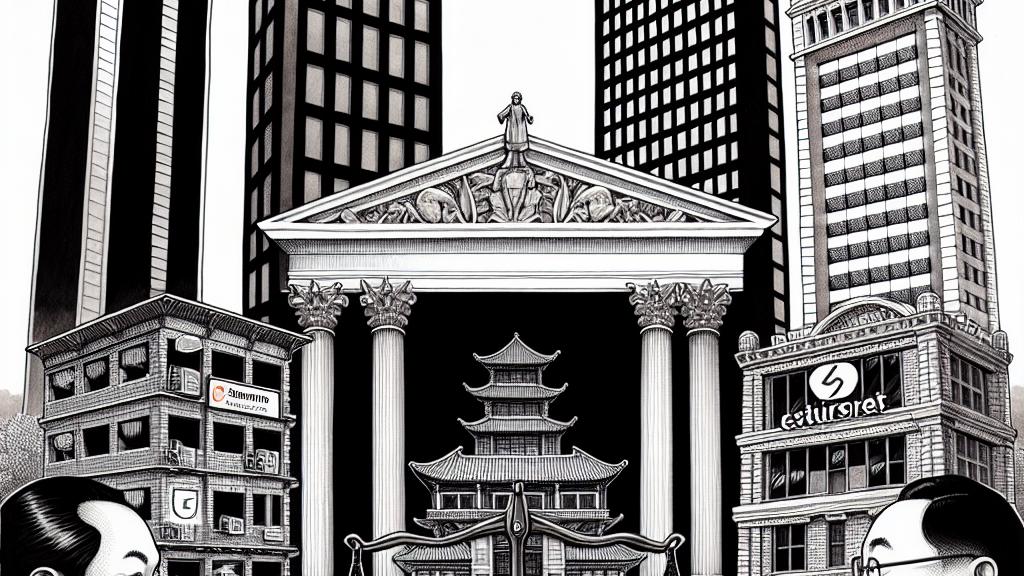Uber Takes DoorDash to Court Over Competitive Practices
Overview
- Uber accuses DoorDash of aggressive anti-competitive business tactics.
- Lawsuit reveals pressures on restaurants to sign exclusive agreements.
- Uber aims to foster a fairer food delivery marketplace for all stakeholders.

The Legal Battle Ignites in California
In a bold move that’s capturing headlines, Uber has initiated a lawsuit against DoorDash, the largest food delivery service in the United States, in a California court. Uber claims that DoorDash is employing aggressive and anti-competitive tactics that not only hurt its own business but also threaten the very existence of restaurants seeking to provide diverse delivery options. For instance, imagine a popular Asian restaurant being pressured to restrict its delivery options exclusively to DoorDash. Such a situation forces restaurants into a corner, creating a bind where they could lose out on catering to customers who prefer alternative platforms. As this legal drama unfolds, it raises crucial questions about the ethical business practices of giants in the food delivery sector.
The Stake for Restaurant Owners
Now, let’s take a closer look at what this battle means for restaurant owners. Picture yourself as the owner of a cherished taco truck, hoping to expand through partnerships with several delivery platforms. However, with DoorDash allegedly coercing many into exclusive contracts, you stare at the bitter reality of having to limit your choices. Reports indicate that DoorDash commands over 90% of first-party delivery orders among major restaurant chains, putting smaller businesses at a severe disadvantage. These tactics have led several restaurant owners to voice their frustration publicly, stating they feel trapped by threats of fines and decreased visibility on DoorDash's platform. As their testimonials pour in, they call for reforms that would enable them to partner flexibly across various services, ultimately enhancing customer access and choices.
Uber's Vision for Fair Competition
Through this ambitious lawsuit, Uber is not only defending its turf; more importantly, it is championing a vision for fair competition within the food delivery industry that stands to benefit every player—restaurants, consumers, and delivery personnel alike. The head of Uber's delivery division articulated a compelling vision, asserting that restaurants should have the freedom to select their partners without the persistent threat of retaliation from a dominant player like DoorDash. This lawsuit brings to light practices that curtail choice and inflate market costs. By challenging DoorDash's alleged misconduct, Uber hopes to dismantle the chain of coercion that limits ethical business practices, leading to a level playing field where restaurants can flourish, thus ensuring they provide the best service to their customers without fear of punitive repercussions.

Loading...